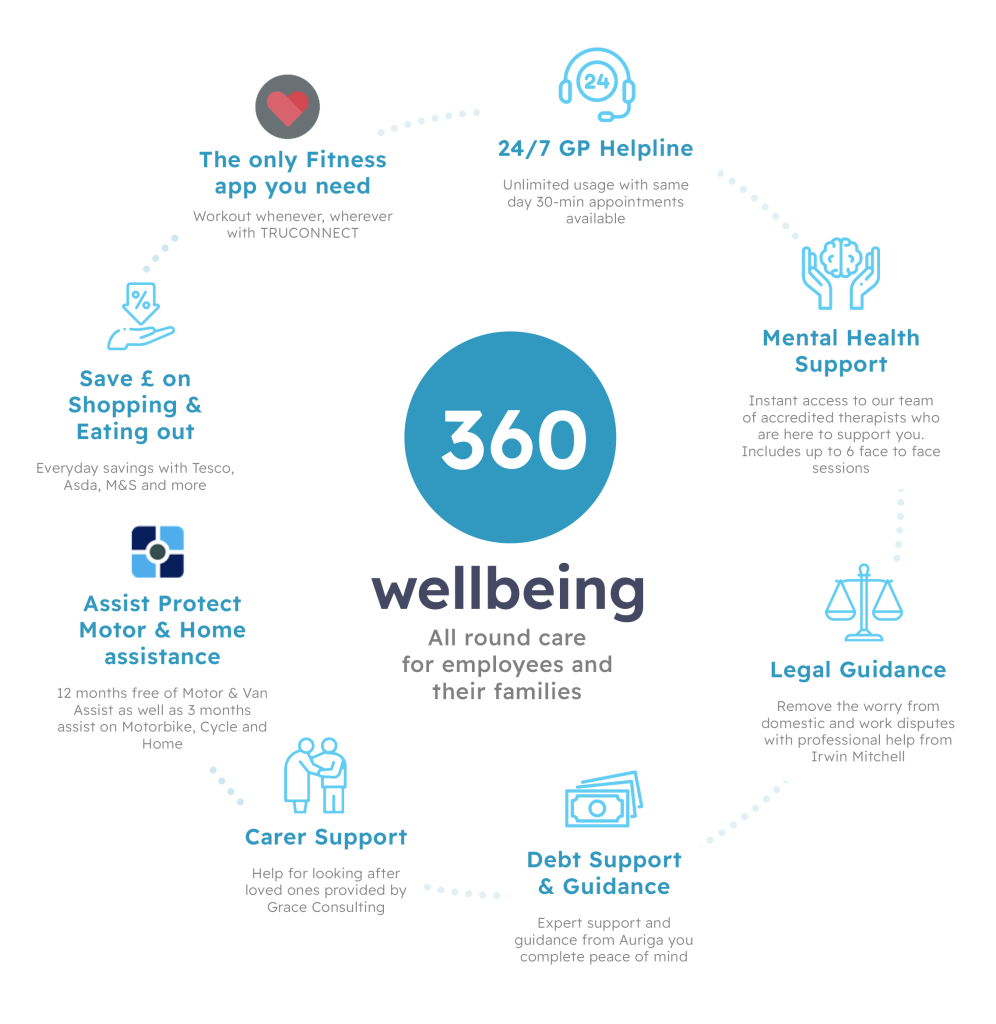Mastering the Art of Apologizing: A Guide to Sincere and Effective Apologies
In this Article:
- Mastering the Art of Apologizing: A Guide to Sincere and Effective Apologies
- Navigating the Complexity of Apologies
- Individual Apologies – Dual Approach
- Consequences of Not Apologizing to the Individual Directly
- Conclusion
- Advertisements
Apologizing is an art form that requires a delicate balance of humility, sincerity, and empathy. Whether in personal relationships, professional settings, or within groups, the ability to offer a genuine apology is a crucial skill that fosters understanding, rebuilds trust, and promotes healthy interactions. Mastering the art of apologizing involves more than mere words; it entails a thoughtful and sincere approach to acknowledging mistakes and working towards resolution.
- Take Prompt Action:
- A timely apology demonstrates respect for the other person’s feelings and a recognition of the impact of your actions. Delaying an apology can allow negative emotions to fester, making the resolution process more challenging.
- Acknowledge and Accept Responsibility:
- Begin your apology by clearly acknowledging and accepting responsibility for your actions. Avoid making excuses or deflecting blame onto external factors. A sincere apology starts with an honest admission of wrongdoing.
- Express Genuine Regret:
- Show genuine remorse for the hurt or inconvenience caused. Expressing empathy and understanding the impact of your actions on the other person’s emotions reinforces the sincerity of your apology.
- Be Specific and Detail-Oriented:
- Provide specific details about the incident to demonstrate that you fully understand the nature of the mistake. A vague apology may come across as insincere, whereas a detailed acknowledgment shows that you have reflected on your actions.
- Use Empathetic Language:
- Frame your apology using empathetic language that conveys your understanding of the other person’s perspective. Phrases such as “I can imagine how that made you feel” demonstrate a willingness to empathize with their emotions.
- Avoid Qualifiers:
- Steer clear of qualifiers such as “I’m sorry if you were offended,” as they can diminish the sincerity of your apology. Instead, opt for unambiguous statements that accept responsibility for the impact of your actions.
- Outline Corrective Measures:
- A sincere apology should include a commitment to change. Clearly outline the steps you will take to rectify the situation or prevent similar incidents in the future. This demonstrates a proactive approach to addressing the issue at hand.
- Listen Actively:
- After delivering your apology, allow the other person the opportunity to express their feelings and perspective. Actively listen without interrupting, and validate their emotions. This promotes open communication and paves the way for mutual understanding.
- Learn and Grow:
- Apologizing is not just about resolving an immediate conflict; it’s also an opportunity for personal growth. Demonstrate a commitment to learning from your mistakes and evolving as an individual. This proactive stance contributes to the long-term success of the apology.
- Follow Through:
Once you’ve apologized and outlined corrective measures, ensure that you follow through on your commitments. Consistent actions that align with your words reinforce the sincerity of your apology and contribute to rebuilding trust.
Navigating the Complexity of Apologies
Apologizing is a delicate art, requiring humility, sincerity, and a genuine acknowledgment of wrongdoing. While apologies are typically directed at individuals, there are instances where a collective apology to a group becomes necessary. This scenario arises when the actions of one individual have repercussions that extend beyond a single person, impacting an entire group. In such cases, offering an apology to the group requires careful consideration of the dynamics at play and a nuanced approach to address the collective impact.
Understanding the Dynamics
Group apologies differ significantly from individual apologies in both scope and complexity. In a group setting, the actions of one can reverberate through the entire collective, causing harm, distress, or discomfort to multiple individuals. It might involve a breach of trust, a violation of shared values, or an incident that affects the group’s cohesion.
Acknowledging the Collective Impact
The first crucial step in a group apology is recognizing and acknowledging the collective impact of the wrongdoing. This involves understanding how the actions of one person have influenced the emotions, relationships, or dynamics within the group. A generic apology may not suffice in such cases; specificity is key. The apologizer must demonstrate an awareness of the group’s shared experience and convey a genuine understanding of the breadth of the impact.
Taking Responsibility
While a personal apology focuses on an individual taking responsibility for their actions, a group apology involves not only the wrongdoer but also the entire group taking collective responsibility. This shared responsibility reinforces the unity of the group and sends a message that the well-being and harmony of the collective are paramount.
Expressing Regret and Empathy
An effective group apology must convey genuine remorse and empathy for the collective distress caused. This goes beyond acknowledging the impact and involves expressing heartfelt regret for the pain experienced by the group. Demonstrating empathy helps in rebuilding trust and fostering an atmosphere of understanding within the collective.
Outlining Corrective Measures
A group apology should not be a mere acknowledgment of the wrongdoing; it should also include a commitment to corrective measures. This may involve implementing changes, providing support systems, or initiating conversations within the group to address concerns and prevent similar incidents in the future. Concrete actions demonstrate a genuine commitment to learning from the mistake and actively working towards positive change.
Facilitating Open Dialogue
Following a group apology, it is essential to create an environment that encourages open dialogue. Members of the group should feel comfortable expressing their feelings, concerns, and expectations for moving forward. Transparent communication helps rebuild trust and allows for collective healing.
Individual Apologies – Dual Approach
In situations where an incident primarily affected an individual, but the whole group expressed grievances or complaints, it may be necessary to provide both a collective group apology and a separate apology to the individual. This dual approach recognizes the unique impact on the individual while addressing the concerns of the group as a whole.
- Group Apology:
- Acknowledging Group Concerns: In the group apology, it is crucial to acknowledge and address the collective concerns or grievances expressed by the entire group. This can include recognizing the shared emotional impact, the disruption of group dynamics, or any other consequences that affected the collective.
- Reiterating Shared Values: Reinforce the shared values and principles that bind the group together. Emphasize the commitment to maintaining a positive and respectful group environment.
- Collective Responsibility: Express that the well-being of the group is a shared responsibility. Even if the incident primarily involved one individual, everyone in the group plays a role in supporting each other and ensuring a harmonious atmosphere.
- Commitment to Improvement: Outline specific steps or measures that will be taken to address the group’s concerns and prevent similar incidents in the future. This commitment helps rebuild trust within the collective.
- Individual Apology:
- Acknowledging the Individual Impact: In the individual apology, focus on acknowledging the specific impact on the person who was directly affected. Recognize their feelings, validate their experience, and demonstrate empathy for the personal repercussions.
- Taking Personal Responsibility: The individual apology should involve taking personal responsibility for the actions that directly affected the individual. Avoid deflecting blame or minimizing the impact, and express genuine remorse for any harm caused.
- Rebuilding Trust: Clearly articulate steps or actions that will be taken to rebuild trust with the affected individual. This may involve personal gestures, open communication, or any necessary support to address the individual’s concerns.
- Learning and Growth: Convey a commitment to personal growth and learning from the incident. Acknowledge that mistakes were made, but emphasize a dedication to becoming more aware and considerate in the future.
Consequences of Not Apologizing to the Individual Directly
If an individual does not receive a separate apology in a situation where they were directly affected, it can have significant implications for their mental health, sense of respect towards the person, and trustworthiness within the group.
Here are some potential consequences:
- Mental Health Impact:
- Emotional Distress: The absence of a personal apology may exacerbate the emotional distress experienced by the individual. They may feel ignored, dismissed, or invalidated, leading to increased anxiety, sadness, or frustration.
- Sense of Isolation: Without a separate apology, the individual may perceive a lack of support or understanding from the group. This sense of isolation can contribute to feelings of loneliness and can negatively impact mental well-being.
- Resentment and Anger: The failure to receive a personal apology may intensify feelings of resentment and anger. If the individual perceives a lack of accountability, it can hinder the process of forgiveness and healing.
- Impact on Respect:
- Feeling Disregarded: The absence of a personal apology may convey a message of disregard for the individual’s feelings and experiences. This can lead to a diminished sense of self-worth and may strain the individual’s respect for the group and its members.
- Erosion of Trust: Respect is closely tied to trust. If the individual feels that their concerns are not being addressed with sincerity and respect, trust in the group and its members may erode over time.
- Trustworthiness:
- Questioning Group Dynamics: The lack of a personal apology may lead the individual to question the trustworthiness of the group and its commitment to addressing individual concerns. This can impact the overall cohesion and reliability of the group.
- Diminished Confidence: If an individual does not receive acknowledgment and a commitment to change through a personal apology, their confidence in the group’s ability to handle conflicts and promote a supportive environment may be compromised.
When someone refuses to apologize for their mistakes or shortcomings, it reflects various aspects of their character and can significantly impact how they are perceived by others, especially in terms of trust and leadership.
- Lack of Accountability:
- The refusal to apologize suggests a lack of accountability. It indicates an unwillingness to take ownership of one’s actions or acknowledge their impact on others. This absence of accountability can erode trust as it leaves the impression that the individual avoids responsibility for their behavior.
- Difficulty Admitting Fault:
- People who refrain from apologizing might struggle with admitting fault or vulnerability. This difficulty in acknowledging mistakes could stem from a fear of being perceived as weak or a belief that admitting fault diminishes their authority or credibility.
- Impact on Trustworthiness:
- Trust is built on mutual respect, honesty, and accountability. When someone refuses to apologize, it can undermine trust within relationships or teams. Others may question the sincerity and authenticity of the individual’s actions, leading to doubts about their trustworthiness.
- Stifling Growth and Learning:
- Refusing to apologize can hinder personal growth and the ability to learn from mistakes. Apologizing is not just about acknowledging errors; it’s an opportunity for learning, growth, and building stronger relationships. Avoiding apologies might stagnate personal development and hinder the establishment of a supportive environment.
- Impact on Leadership:
- In leadership positions, the refusal to apologize can be particularly damaging. Effective leadership involves humility, empathy, and the ability to build trust among team members. A leader who doesn’t apologize may create an atmosphere of fear or intimidation rather than fostering a culture of collaboration and growth.
- Perceived Arrogance or Inflexibility:
- Consistently refusing to apologize might be perceived as arrogance or inflexibility. It can create a barrier to open communication and collaboration, as others may feel discouraged from expressing concerns or offering feedback.
- Loss of Respect and Influence:
- Over time, the failure to apologize can lead to a loss of respect and influence. People tend to gravitate toward individuals who demonstrate humility, integrity, and the willingness to take responsibility for their actions. The absence of apologies may diminish an individual’s influence and impact on others.
Conclusion:
Mastering the art of apologizing is a skill that transcends personal and professional boundaries. It involves a combination of humility, sincerity, and a genuine commitment to understanding and rectifying mistakes. By taking prompt action, acknowledging responsibility, expressing genuine regret, and outlining corrective measures, individuals can navigate the delicate process of apologizing with authenticity and effectiveness. In doing so, they not only repair relationships but also contribute to personal and collective growth.
Apologizing to a group rather than an individual is a challenging yet essential process when the actions of one affect many. A successful group apology requires a deep understanding of the collective impact, a willingness to take shared responsibility, and a commitment to tangible corrective measures. By approaching the apology process with sincerity, empathy, and a dedication to fostering open communication, the group can navigate the complexities of reconciliation and emerge stronger, more united, and with a renewed sense of shared purpose.
By providing both a group apology and a separate apology to the individual, you address the collective impact on the group dynamics while also recognizing and validating the unique experience of the individual affected. This dual approach demonstrates a comprehensive commitment to reconciliation and fosters an environment conducive to healing within both the group and the individual relationship.
In summary, the absence of a separate apology to the individual can have profound effects on mental health. It will show a lack of respect, and trustworthiness to the person, not apologizing. It is essential for the group and its members to recognize the importance of addressing individual experiences, offering sincere apologies, and taking concrete actions to rebuild trust and foster a supportive environment for all members. Failure to do so may result in long-lasting negative consequences that impact both the individual and the overall dynamics of the group. The refusal to apologize not only impacts personal relationships but also affects one’s effectiveness as a leader. It can undermine trust, hinder personal growth, and create barriers to effective communication and collaboration. Apologizing isn’t a sign of weakness but rather an indicator of strength, integrity, and the willingness to uphold values essential for fostering healthy relationships and effective leadership.
#apology #apologizing #respect #trustworthiness #empathy #empowerment #mentalhealth #leadership
ADVERTISEMENTS
DOMAIN NAME FOR SALE – MAKE AN OFFER!
Partnering & Leasing Opportunities Available

DOMAIN NAME FOR SALE – MAKE AN OFFER!



















